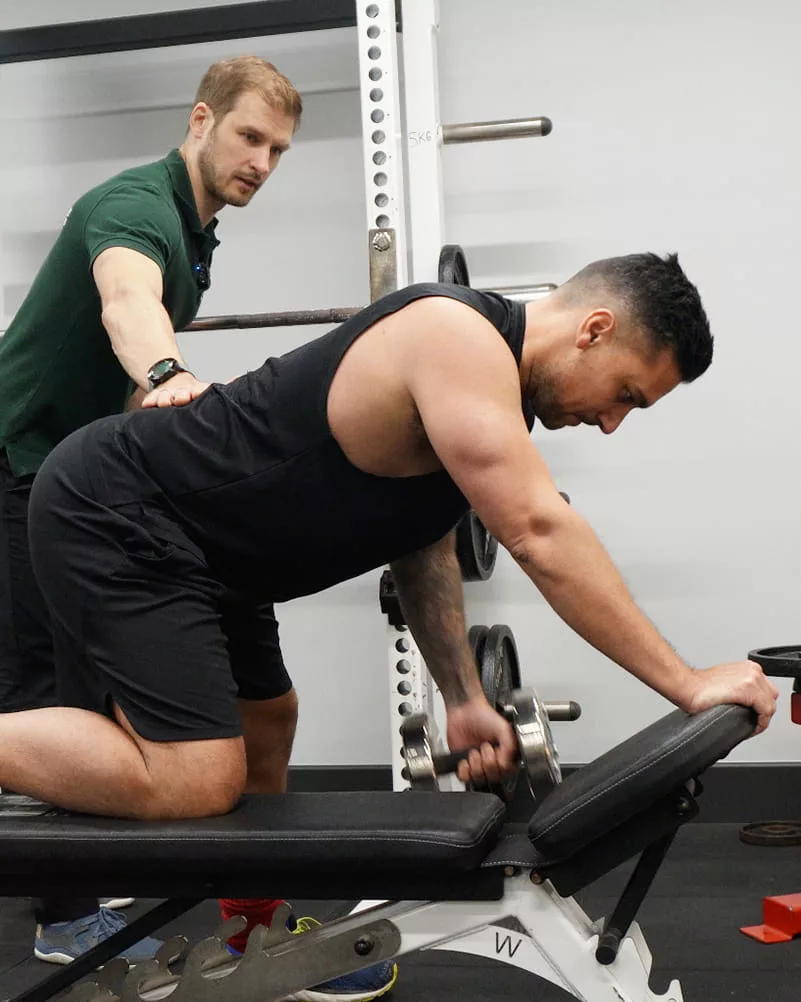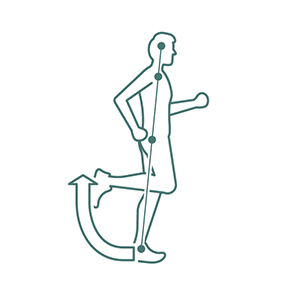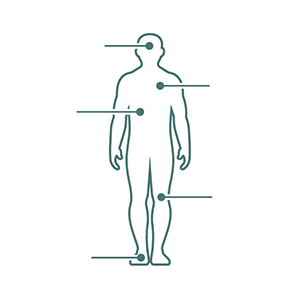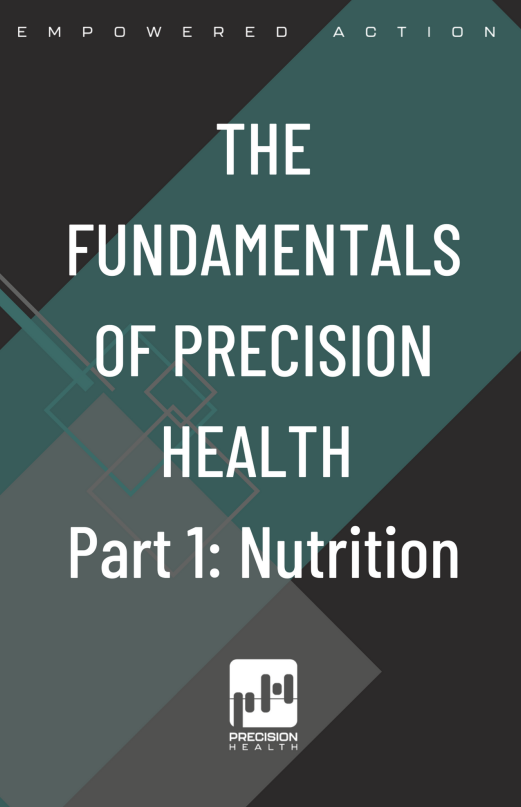
Step 1
Initial Consultation
In our initial consultation, we'll run through some questions to understand your fitness and general health history. We must get your input and first-hand perspective to highlight any concerns you have, injuries or pain you're experiencing when training or in your general movement. Following this, we'll talk you through all the assessments that will be performed to ensure you're happy and what we expect to achieve. Our testing facilities and reporting processes give us the power to create truly bespoke and personalised training plans that eliminate the guesswork which often fails so many. At Precision Health our multi-disciplinary team assess your health from multiple angles and create a program that puts you first. We assess where you are starting from and what will make the most difference.


Step 2
Advanced Assessments
The four assessment process looks at your body composition, biochemistry, metabolic health and biomechanics or movement. This is done by assessing the combined elements of muscle density, bone density, fat mass, and intra and extracellular water ratios. Together with how your metabolism functions at rest and during exercise, we can generate clear pictures of health and fitness. The addition of blood work analysis further defines our ability to provide detailed personal recommendations on nutrition, lifestyle and supplements. Then comparing metabolic assessments with our advanced motion lab postural analysis provides extremely clear means to make bespoke exercise prescriptions tailored to specific exercise selection and the intensity and volume of exercise you need.

Step 3
Bespoke Program
Our expert multi-disciplinary team will go through the four assessments step-by-step, highlighting areas to be addressed, what to be cautious of when training and the plan ahead. The bespoke program will be highly focused in response to these results covering exercise, nutrition and lifestyle changes. Whether you're on a 1-to-1, group or hybrid plan will determine the type of training sessions available, and we will discuss a timetable that works for you. Your dedicated coach is with you every step, from discovery assessment review consultations to post-session chats with your coach and continuous review sessions to ensure you are on track.

























